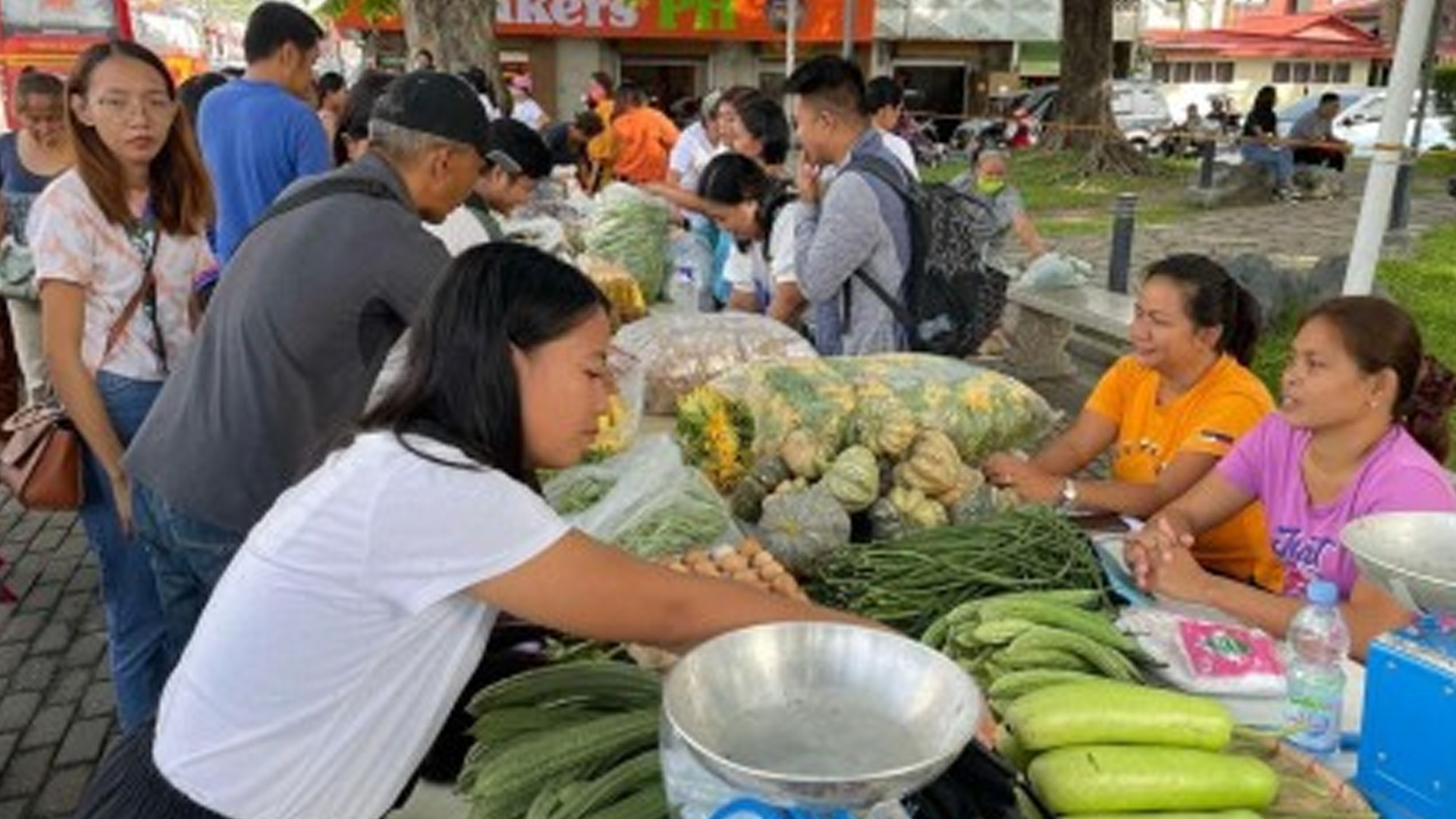The province of Ilocos Norte is seeking to institutionalize the conduct of Katuwang sa Diwa at Gawa para sa Masaganang Ani at Mataas na Kita (Kadiwa) ng Pangulo due to its success in directly linking farmers and fisherfolk with consumers.
Provincial Board member Jonathan Torralba said Tuesday the passage of Provincial Ordinance No. 2024-11-097, which seeks to make the Kadiwa program permanent in the province, “will bring huge potential for local farmers, agri-preneurs, processors, and consumers.”
Since its launch in 2019, the Kadiwa pop-up store at the west wing of the provincial capitol has been attracting producers and consumers because of cheaper prices as compared to commercial markets.
Chira Cacatian, agribusiness and marketing coordinator of the Provincial Agriculture Office, said 30 exhibitors composed of farmer-producers, associations, food processors, and handicraft makers regularly participate in the program.
She said the 26 Kadiwa activities held in the province so far this year have generated sales of more than PHP7.6 million.
“The Kadiwa is being held twice a month except when we had to cancel due to the series of typhoons,” she said.
Cacatian said aside from fresh fruits and vegetables, among the most sought-after products at Kadiwa include grocery items such as cooking oil, bagoong (fish sauce), and meat and poultry products.
“The best of Ilokano products and produce are all available at the Kadiwa market. It is fun to buy directly from our local producers and entrepreneurs,” Erwin Suguitan, a regular buyer from Vintar Town, said.
Kevin Wayne Baga, a young farmer from Batac City, said joining the Kadiwa and other agri-trade fairs organized by the government helped him establish a network with clients, which he is now supplying with ready-to-plant seedlings such as tomatoes, eggplant, sweet and hot pepper, papaya, fruit-bearing trees, and ornamentals, among others.
“It is good business because you just don’t earn for money. You can help farmers, too, by ensuring that the seedlings they are planting are free from pests and diseases,” he said. (PNA)








